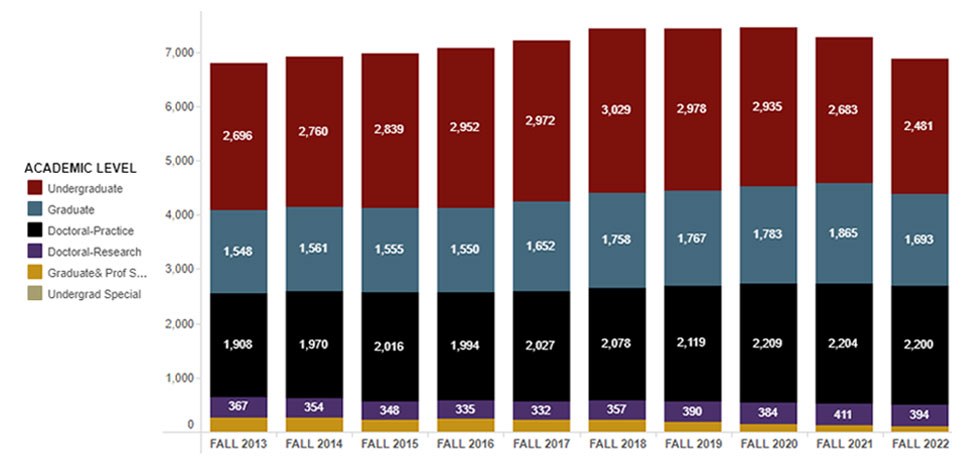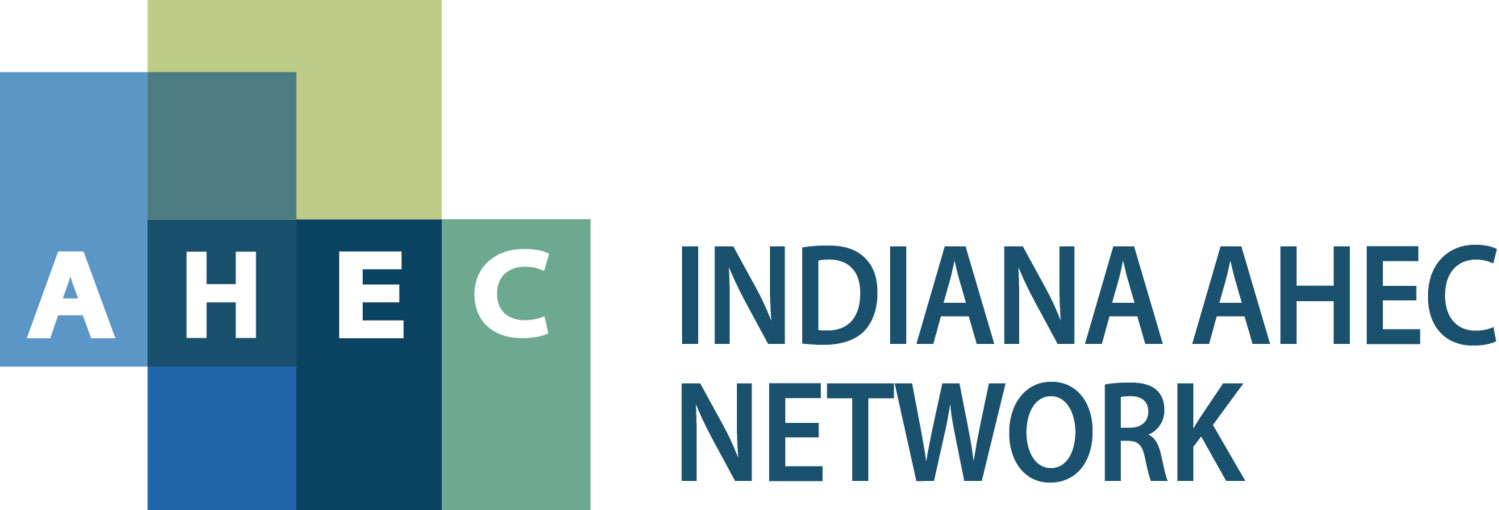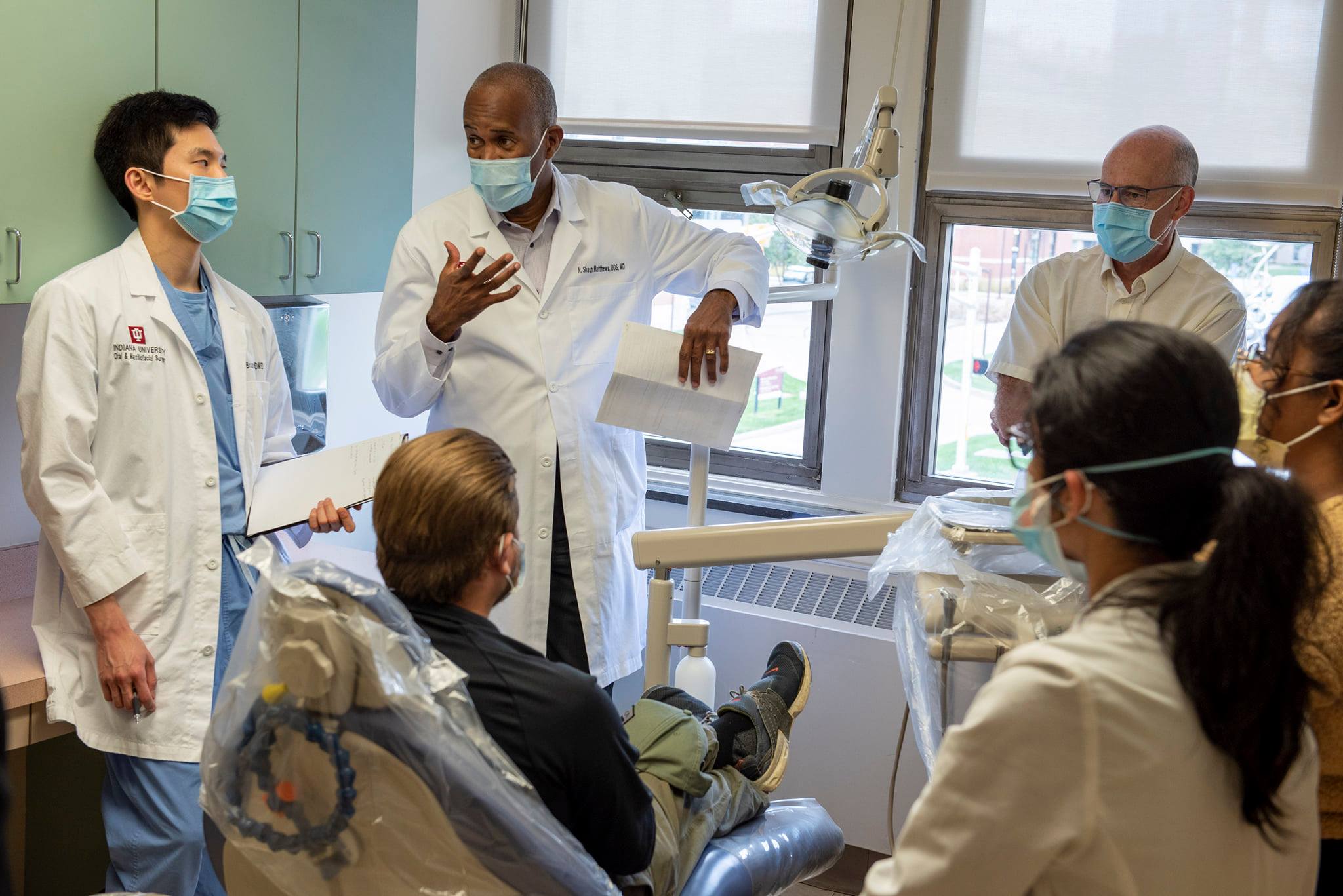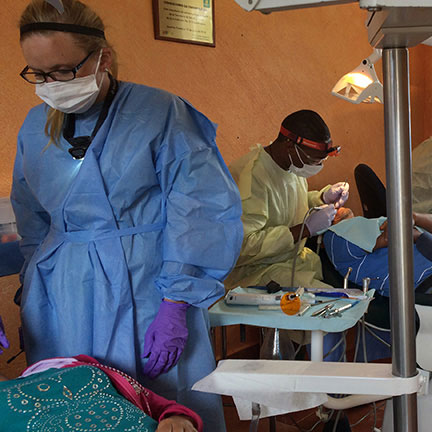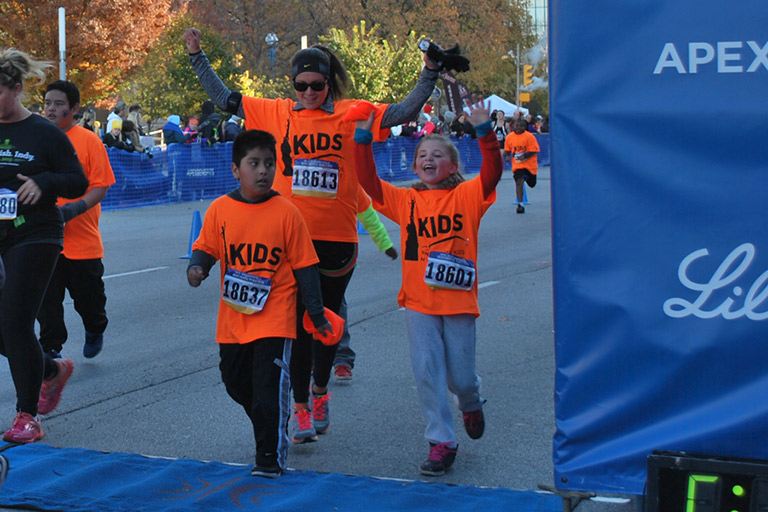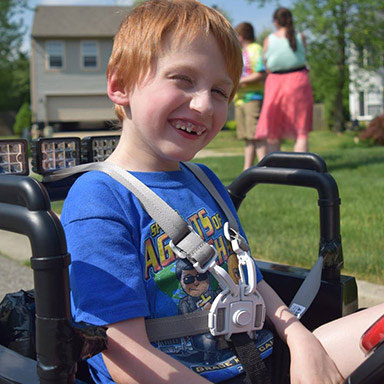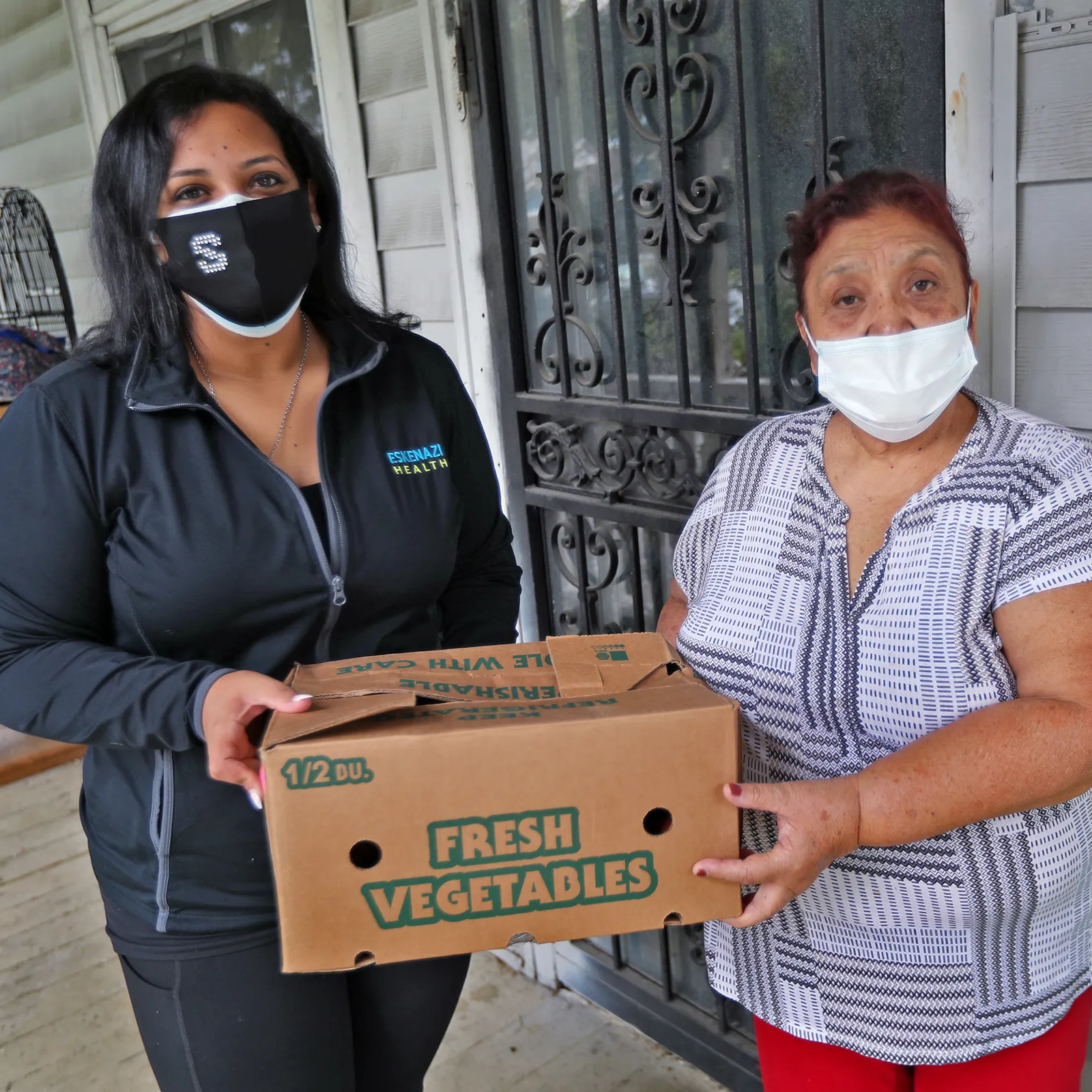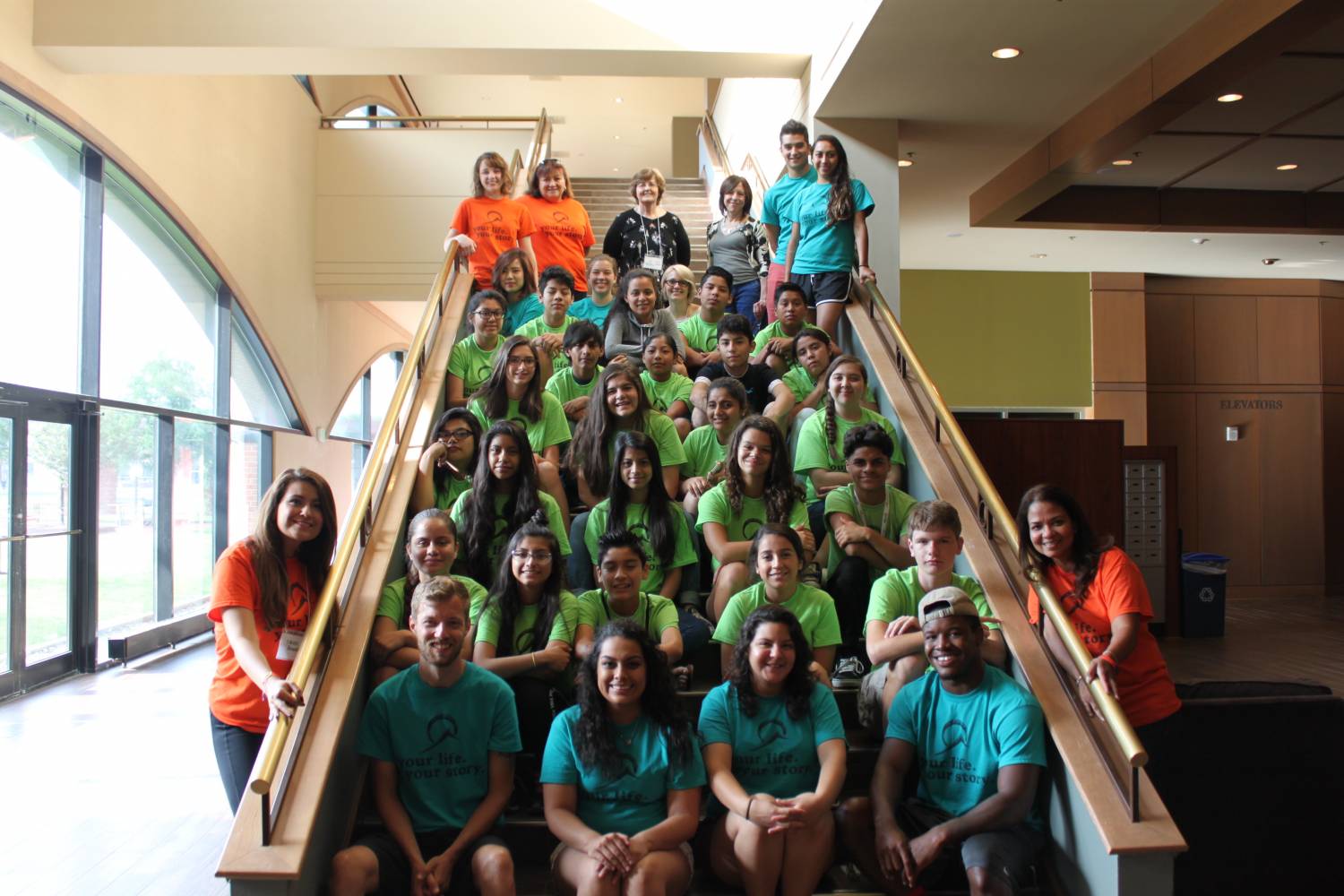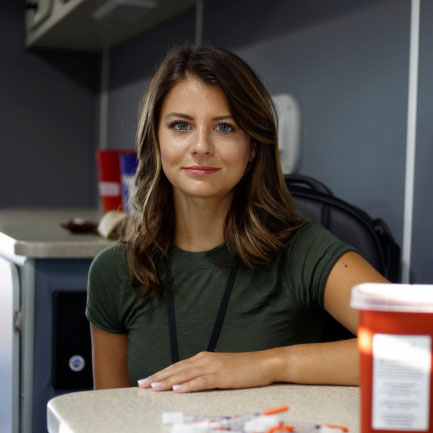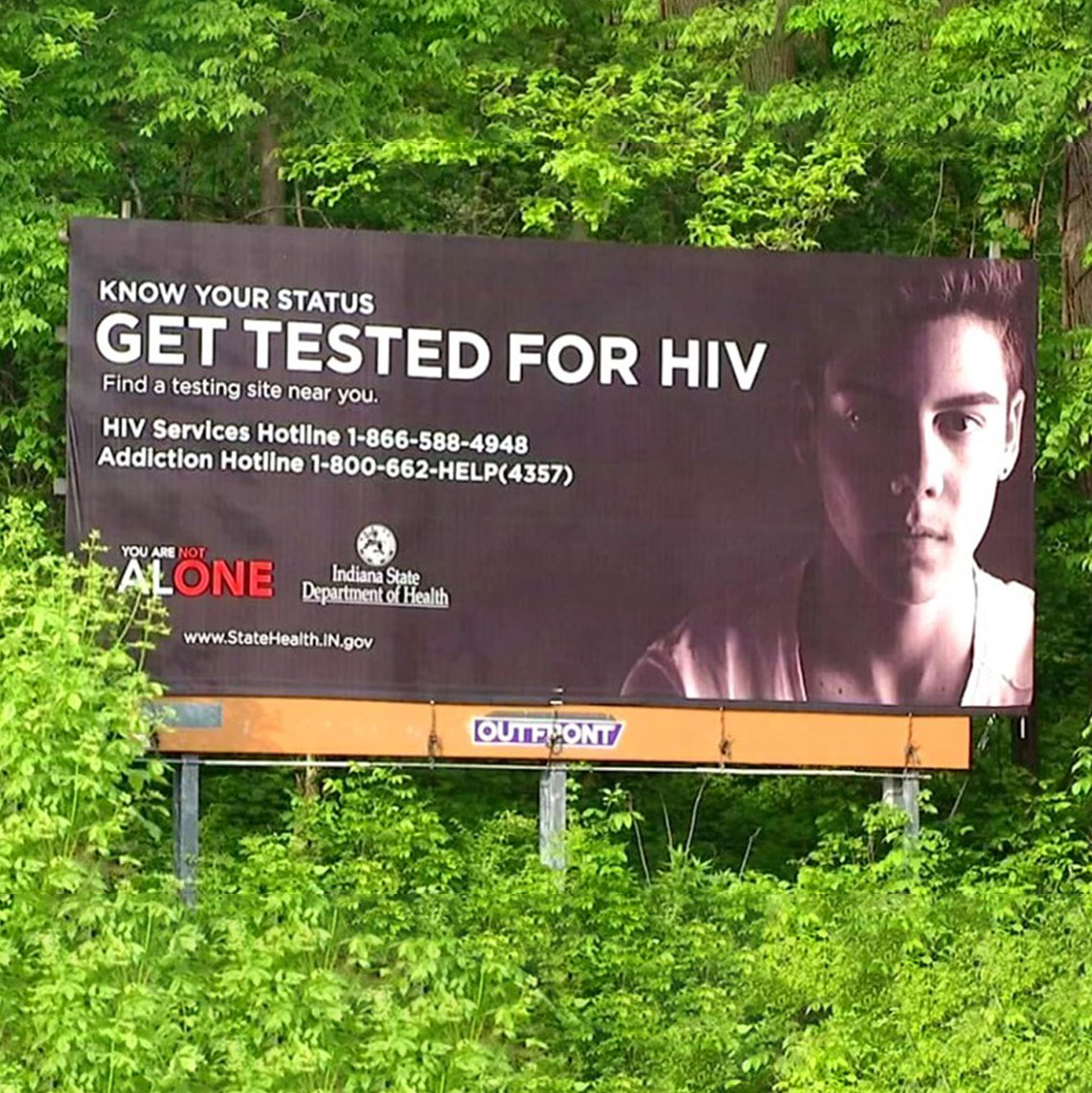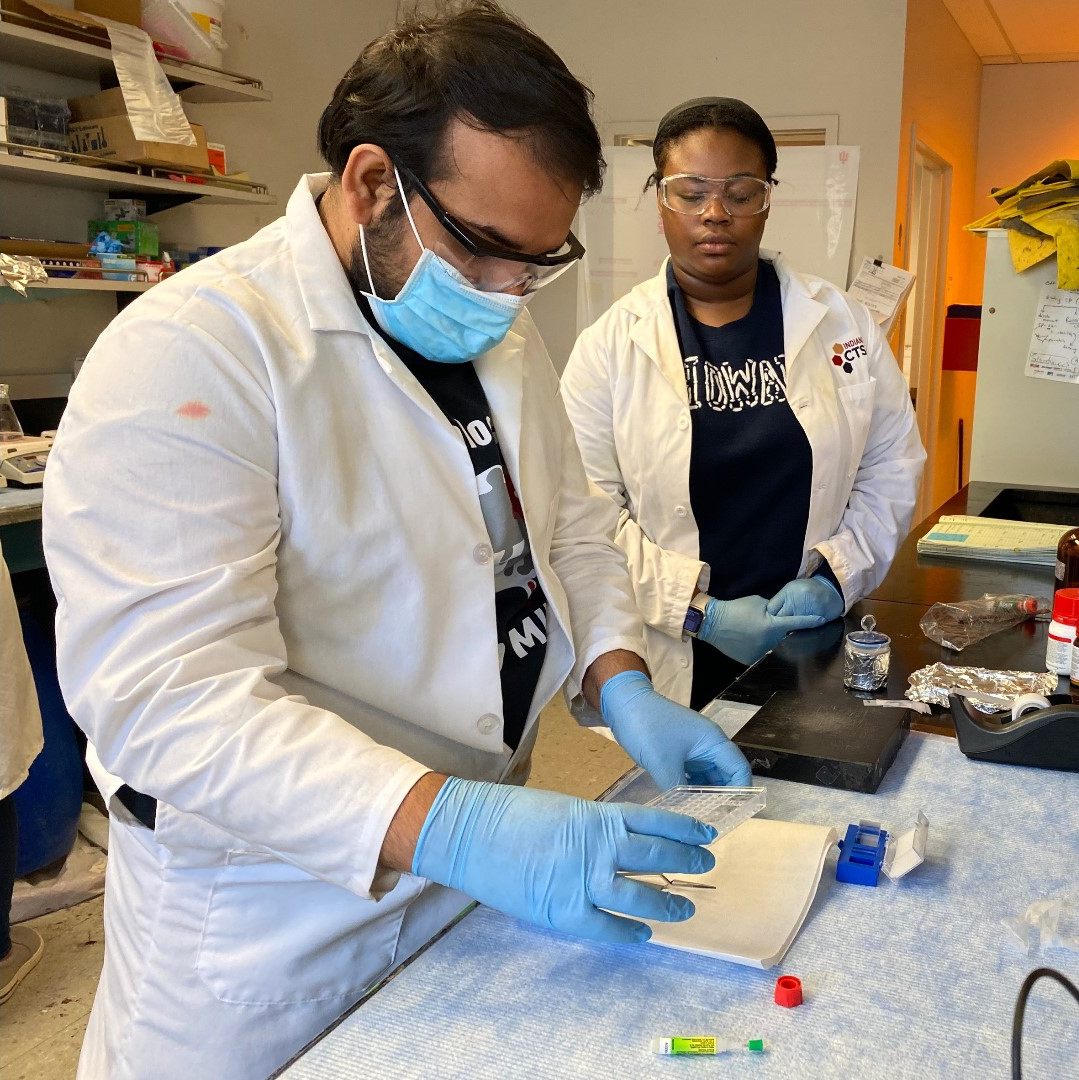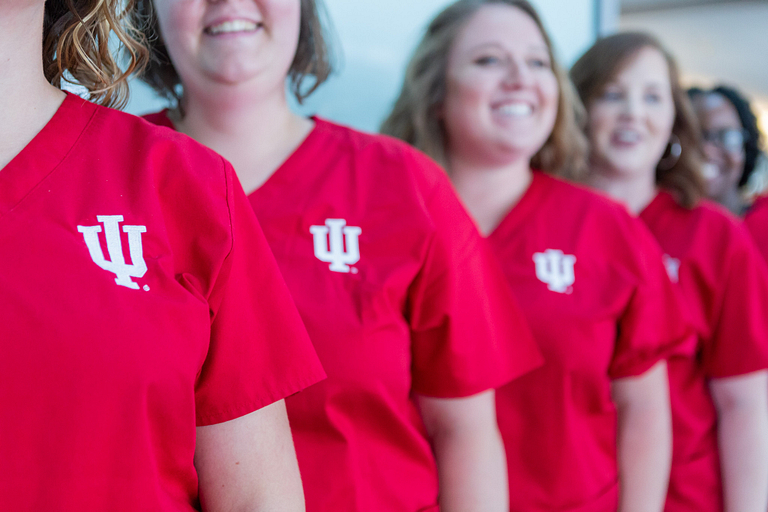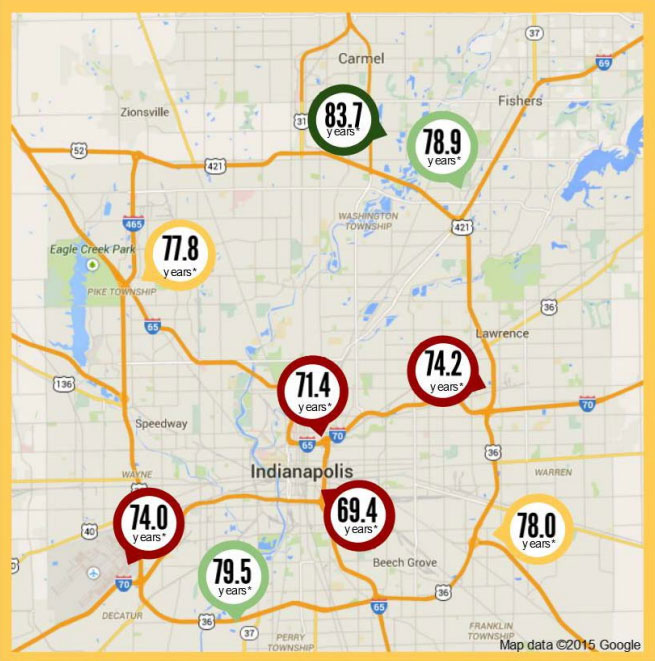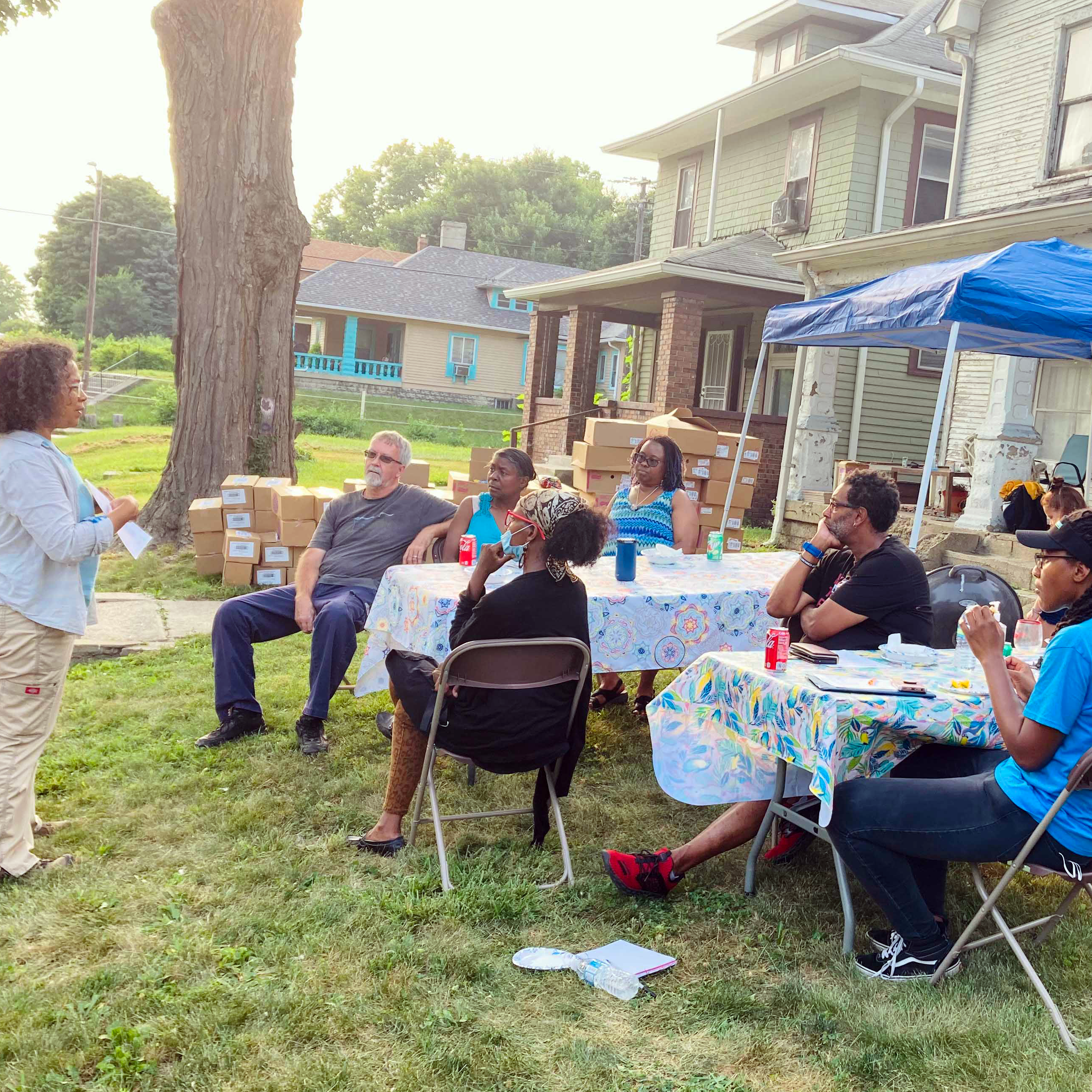IU Indianapolis' Effort to Improve the Health of Hoosiers
We believe that a healthy community is a thriving one.
While Indiana is lauded as one of the top places to live in the US, we are not without our share of challenges. Continually high rates of chronic disease, obesity, smoking, and infant mortality are a consistent looming cloud over our communities.
As the state’s premier urban health and life sciences campus, IU Indianapolis seeks to improve the health of our state by educating the healthcare workforce, providing healthcare and wellness programs to the community, and advancing the efficacy of care through research.


